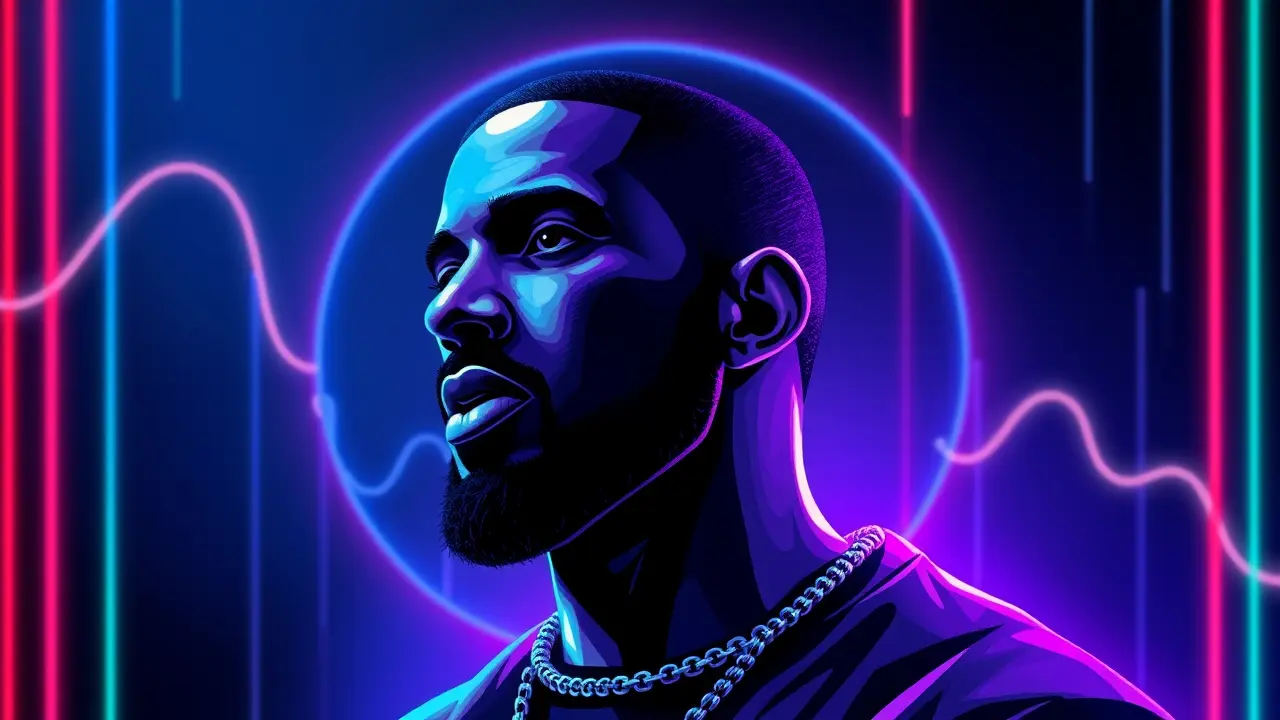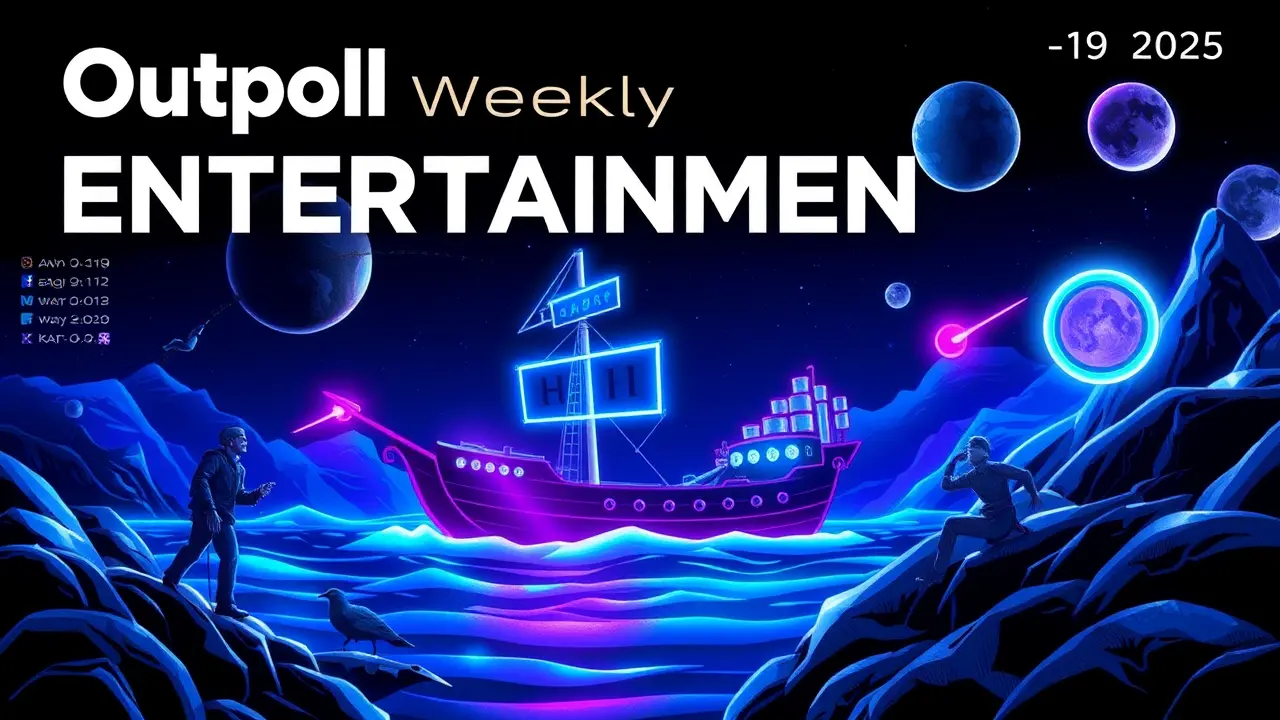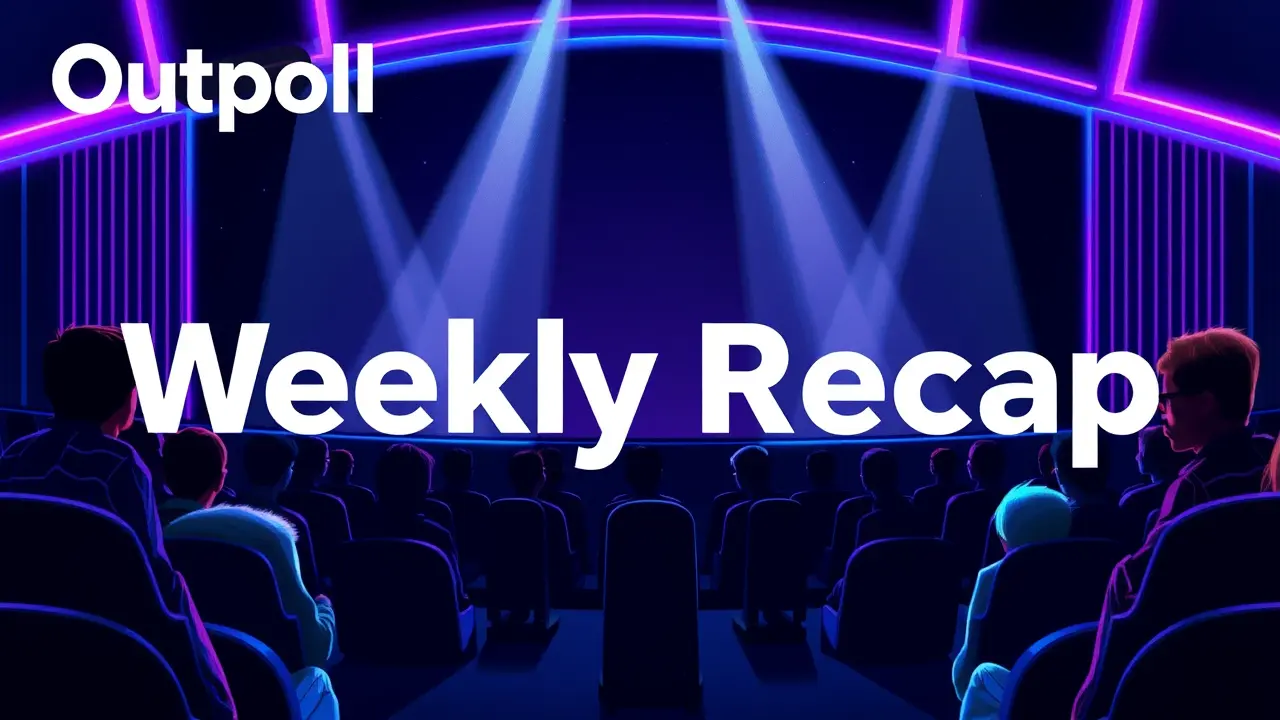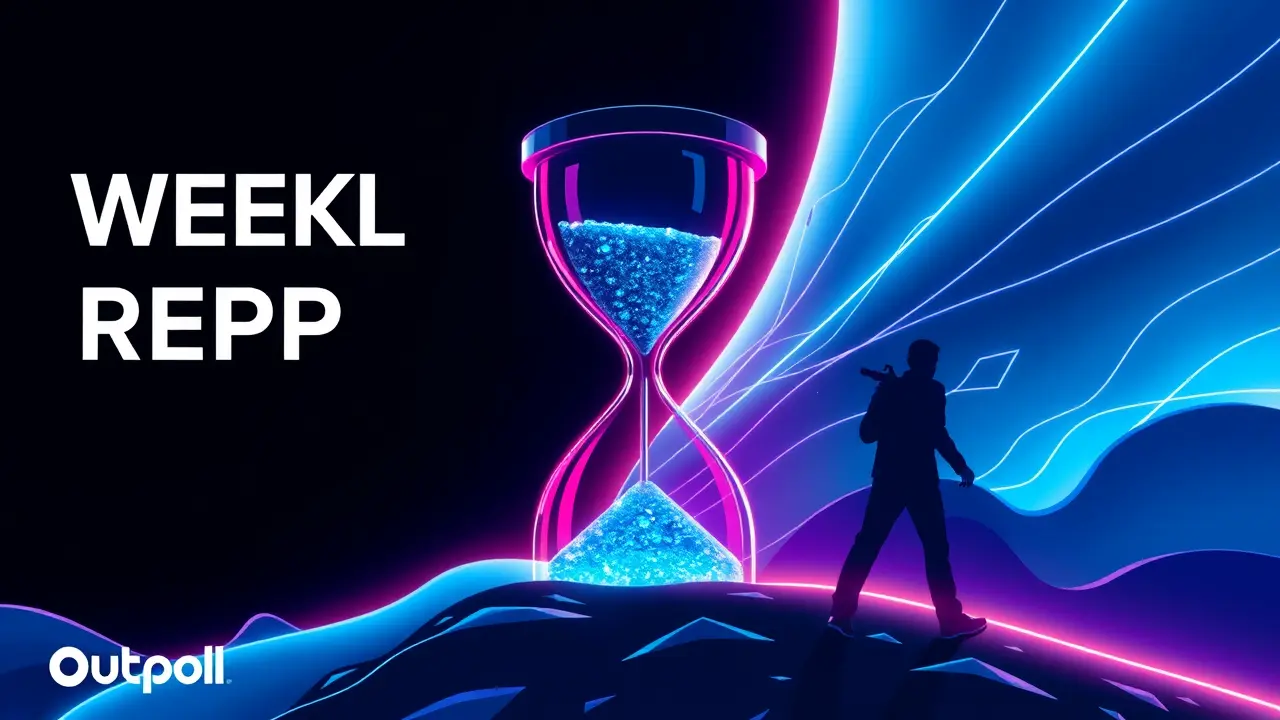
Entertainmenttv & streamingStreaming Platforms
Drake Sues Spotify Over Alleged Streaming Fraud.
BR
Brian Miller
8 hours ago7 min read
The rhythm of the music industry has been thrown off-beat, the steady backbeat of streaming royalties interrupted by a discordant new lawsuit that strikes at the very heart of the digital listening experience. In a move that feels more like a blistering diss track than a dry legal filing, global superstar Drake has officially sued streaming behemoth Spotify, alleging the platform is a breeding ground for systematic streaming fraud that shortchanges artists on a massive scale.This isn't just a minor royalty dispute; it’s a proposed class action that could force Spotify to fundamentally recalibrate its entire payment ecosystem, potentially paying back millions, if not billions, to the vast community of artists whose streams have been diluted by artificial plays. Picture this: the delicate ecosystem of artist payouts, where every stream is supposed to be a note in a symphony of earnings, is being corrupted by bots and fraudulent farms artificially inflating play counts for certain tracks.This isn't just noise; it's a calculated scheme that siphons money directly from the pockets of working musicians and into the hands of bad actors, devaluing the authentic connection between artist and fan. For an artist of Drake's stature, a man whose albums drop like cultural events and whose chart dominance is a foregone conclusion, this lawsuit is a powerful act of solidarity, a use of his immense platform to fight a battle that indie artists in dimly lit studios simply cannot afford to wage.The core of the complaint is that Spotify, for all its algorithmic sophistication and data-driven promises, has failed to adequately police its own service, allowing a flood of fake streams to distort the royalty pool. Every fraudulent play of a track—whether generated by automated bots, click farms, or playlist manipulation schemes—acts like a leak in a collective reservoir, meaning that the money generated by your genuine, heartfelt listen to a new indie folk album is being split with a ghost in the machine.The lawsuit alleges that Spotify has been aware of this pervasive issue for years, treating it as a cost of doing business rather than an existential threat to artistic integrity, and now the bill, backed by the formidable legal and financial power of one of the world's biggest artists, may finally be coming due. The potential consequences are seismic, echoing far beyond the courtroom.A ruling against Spotify could establish a new precedent for fiduciary responsibility in the digital age, forcing not only this platform but also competitors like Apple Music and Amazon Music to implement far more rigorous and transparent anti-fraud measures. It could lead to a one-time, massive redistribution of past royalties, a correction that would send shockwaves through label accounting departments and artist bank accounts alike.Furthermore, it raises profound questions about the very value of a stream in an era where authenticity is increasingly difficult to verify. Is a play count a true measure of popularity, or merely a number that can be gamed? This case forces the entire industry to confront the ugly underside of its data-driven paradise, questioning whether the system designed to empower creators is, in fact, systematically rigged against them. For the countless artists watching from the wings, from the chart-topping titans to the bedroom producers just hoping to be heard, Drake’s lawsuit is more than legal news; it’s the opening chord of a fight for the very soul of their profession, a demand that the music itself, and the true fans who support it, be put back at the center of the mix.
#streaming fraud
#Spotify
#Drake
#class action lawsuit
#artists
#royalties
#editorial picks news
Stay Informed. Act Smarter.
Get weekly highlights, major headlines, and expert insights — then put your knowledge to work in our live prediction markets.
Related News
© 2025 Outpoll Service LTD. All rights reserved.



